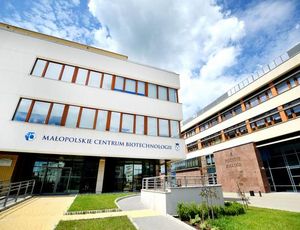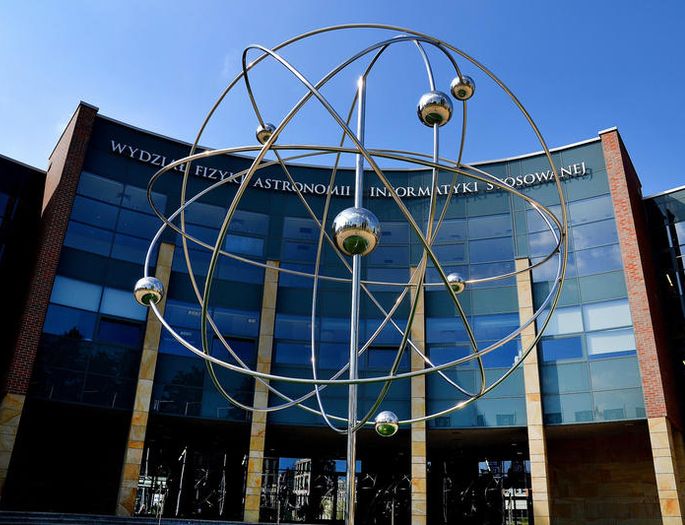
The Foundation for Polish Science (FNP) announced the results of the 3rd competition within the framework of the Homing programme addressed to foreign researchers who want to continue their scholarly career in Poland. Two of the winners, Monika Jakubowska and Soumyananda Chakraborti, will carry out innovative research and development projects at the Małopolska Centre of Biotechnology of the Jagiellonian University.
The Homing programme is addressed to scholars who would like to come or return to Poland to carry out research work. As part of the contest it is possible to win a two-year post-doctoral fellowship grant worth about 800 thousand PLN.
Before coming to Kraków, Monika Jakubowska has been working at Cardiff University, Wales, UK. Next year, she will start a research project aimed at finding an effective method for pancreatic cancer treatment. Currently available therapies are largely ineffective against the advanced stages of this disease. Treatment for the patients with metastasising pancreatic cancer is usually limited to palliative care, improving the quality of life without targeting the disease itself. The strong resistance of pancreatic cancer against therapy is related to desmoplastic reaction in the tumour, which results in the formation of a fibrotic tissue scar, reducing the efficacy of anticancer treatment.
'Using advanced pre-clinical models of pancreatic cancer I will investigate how lack of the physiological redox balance influences the mechanism of tumour resistance against therapy. In order to restore the normal tissue redox balance I will deliver the therapeutic protocol combining a chemotherapeutic drug and an agent that increases tissue oxygenation. This may improve the effectiveness of anticancer treatment', Dr Jakubowska explains.
Soumyananda Chakraborti, who comes from India, has carried out research at several institutions, including the Curie Institute in Paris, and Indiana University. The grant winner would like to take first steps towards designing and creating programmable biocompatible nanorobots capable of transporting medications to cancer cells. Dr Chakraborti would like to use protein that could play the role of a container for anti-cancer drugs, making it impossible for them to harm healthy cells, which could have detrimental side effects.
The researcher explains that a special DNA structure used for that purpose will resemble a glove capable of holding a ball filled with anti-cancer medication, spotting cancer cells and inserting the ball inside them. What is important, is the possibility to make such 'gloves' from various types of materials, which will make it possible to identify different parts of a cancer cell and deliver the drug even if the diseased cells develop resistance to some substances. Such a mechanism will enable scientists to create complex robotic nanostructures for application in intelligent drug delivery systems.





